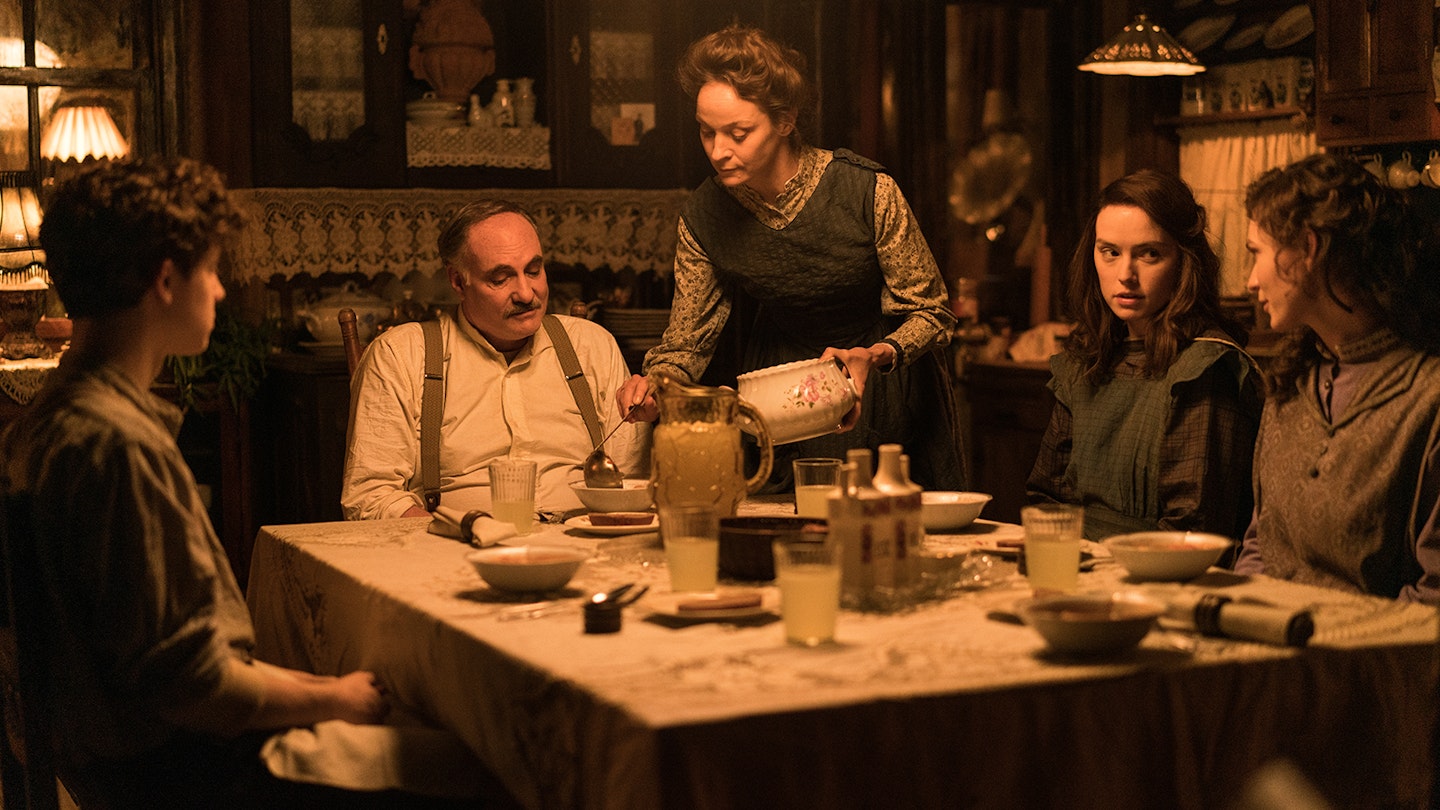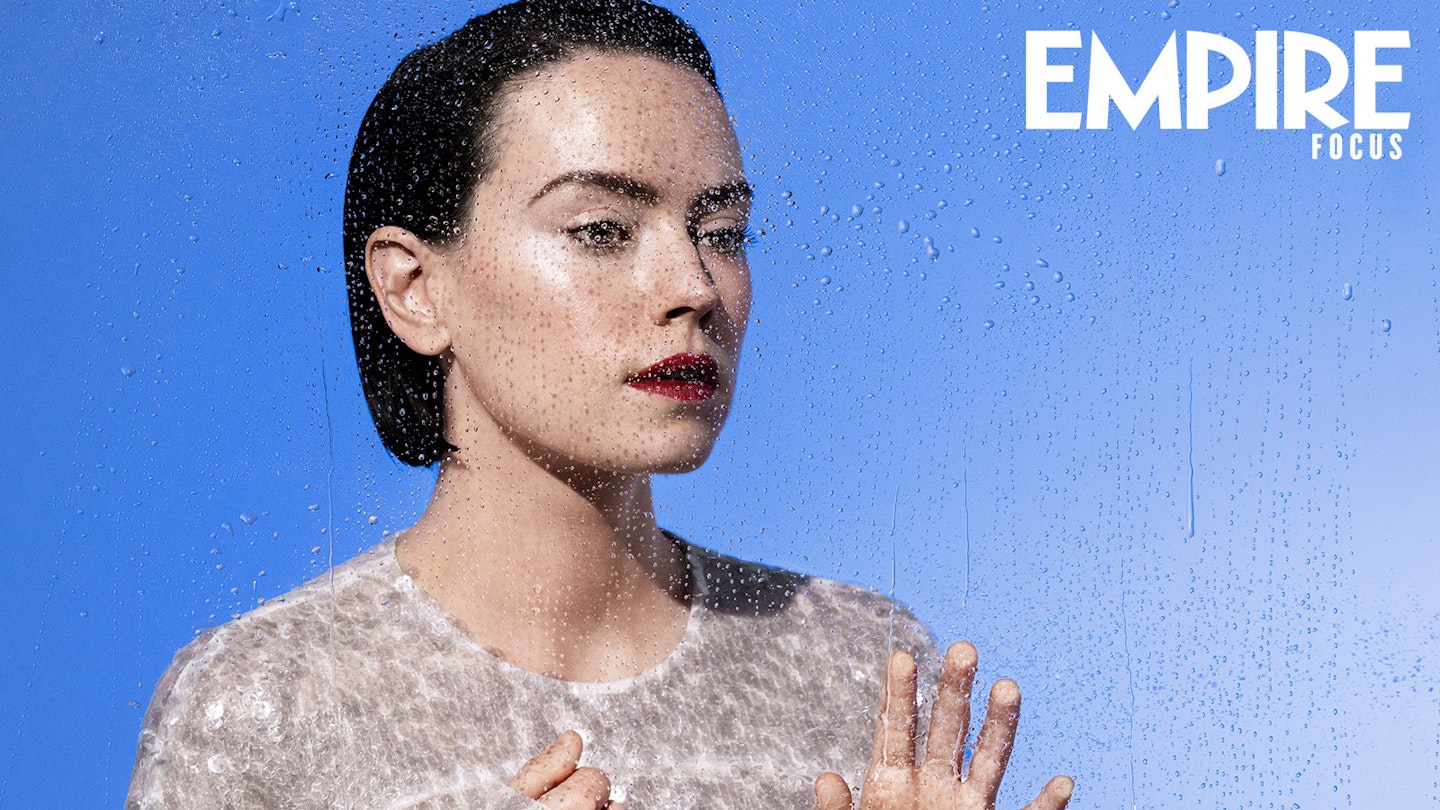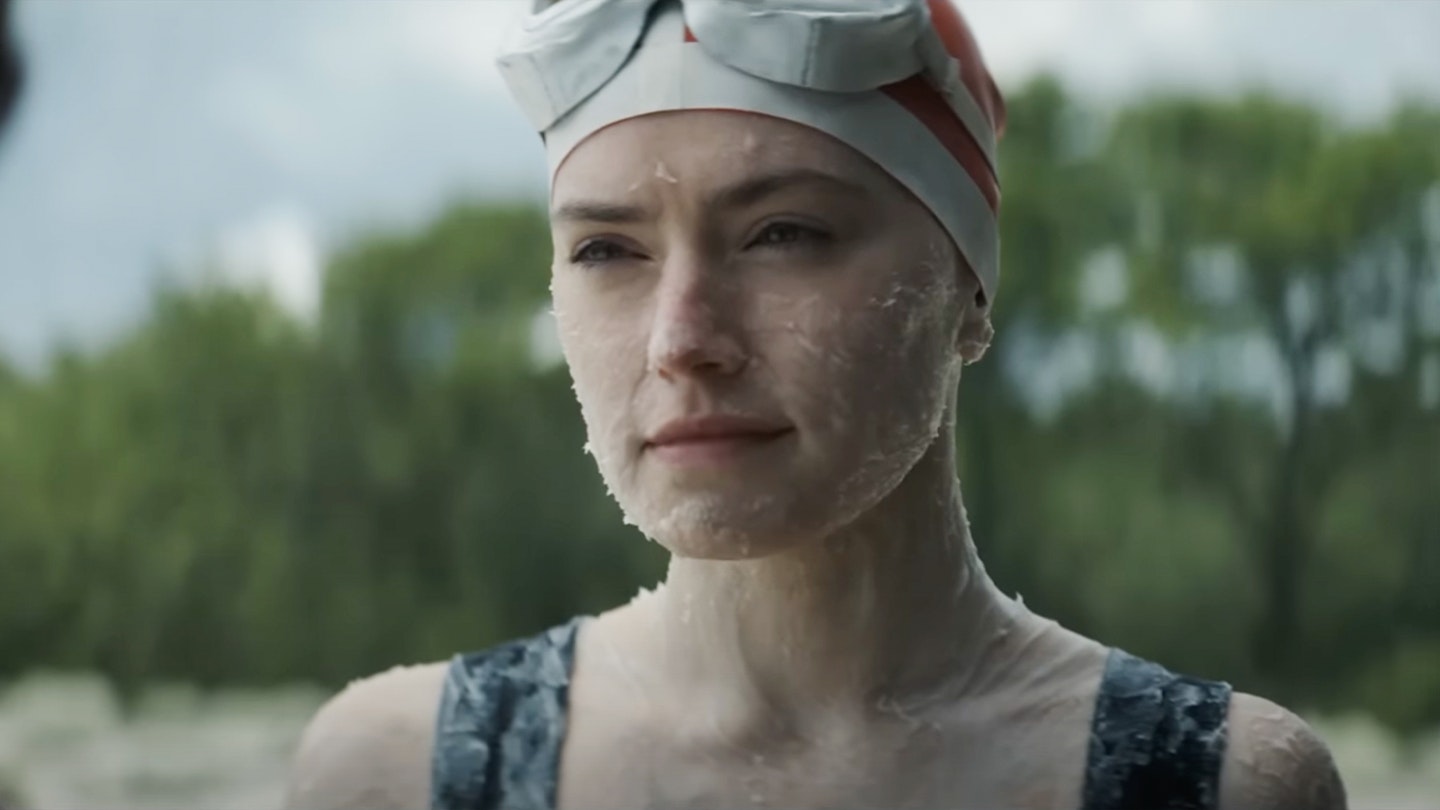This portrait of real-life swimmer Gertrude Ederle feels resolutely old-fashioned: in tone, in pace and in hero. Trudy Ederle is an uncomplicated figure by most standards, a plucky underdog who took on the world without much in the way of a dark side or messy personal life. To replace such psychological fripperies, director Joachim Rønning finds nuance and complexity in the forces arrayed against her, and leans into a colourful supporting cast to bolster his stoic leading lady, Daisy Ridley.

We meet a young Ederle near death, struggling against the measles. After a miraculous recovery, her mother (Jeanette Hain) decides that her children should learn to swim. Young Trudy is not initially included in this remit due to her convalescence, but she makes her way into the pool nonetheless and finds her passion. We see her do whatever it takes to swim, quickly establishing a name for herself and taking the first of many world records. But after she underperforms at the 1924 Olympics — partly, as portrayed here, due to horrific sexism — she sets her sights on the English Channel, and begins a long quest to conquer that long, difficult challenge.
That the film finds its way is mostly because this hero is endlessly likeable
Rønning similarly charts a tricky and narrow course between inspirational and saccharine. That the film finds its way is mostly because this hero is endlessly likeable and her family and friends well drawn. Trudy’s most important relationship is with her sister Meg, played with warmth by Tilda Cobham-Hervey; that’s closely followed by her bond with her formidable yet loving mother, who almost steals the film. Stephen Graham, as an unrefined Channel swimmer, and Kim Bodnia, as Trudy’s butcher father, bring comic relief, while Sian Clifford as Charlotte ‘Eppy’ Epstein offers feminist fight as her trainer and Alexander Karim’s Ishak is the more accepting face of the swimming establishment. In the boo-hiss corner we have Glenn Fleshler representing the American sporting establishment and Christopher Eccleston as swim trainer Jabez Wolffe, here a deeply misogynist impediment to Ederle’s ambitions.
It's meandering (north of two hours including credits), but there’s enough incident along the way to hold the attention — though some of that history has been touched up for the screen. Still, Ridley’s particular combination of a light spirit and mulish determination gives Ederle a lovely mix of sweetness and steel, and as she greases herself up for another attempt on the Channel waters, you’ll be crossing your fingers that all goes swimmingly.




